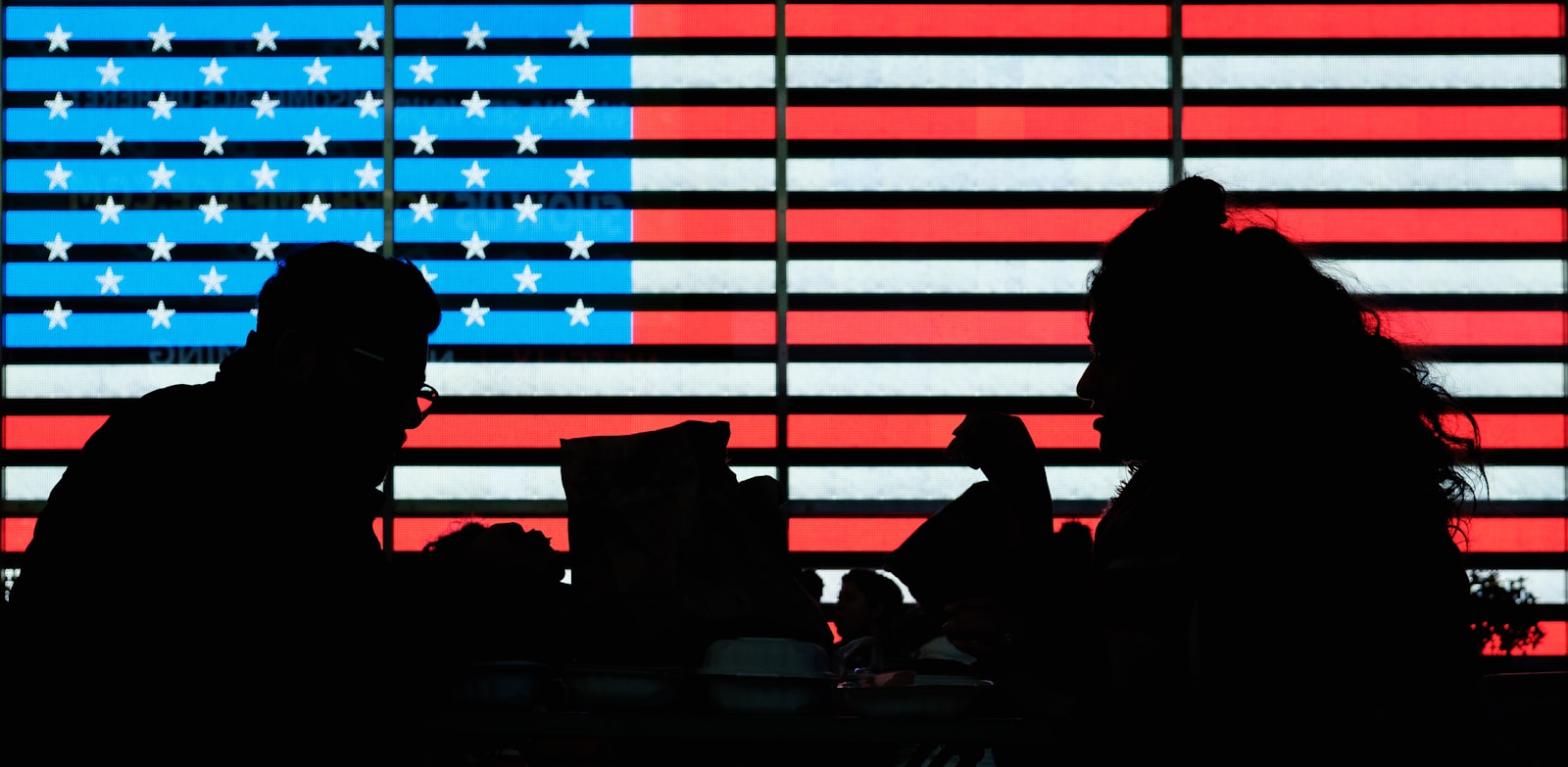The Roundtable: America Has Voted. Now What?

Editor's Note: Welcome to our monthly roundtable discussion. Each month, our five student editors will come together to debate a major issue shaping our world. This transcript has been lightly edited for length and clarity.
Minwoo Jung: Well, the world has its answer. Donald Trump will be the 47th President of the United States. It's a political comeback without modern precedent, a seismic event that will reshape the geopolitical landscape for years to come. In capitals around the world, from Brussels to Tokyo to Seoul, foreign policy establishments are now scrambling to adjust to a new and deeply uncertain reality. I think the only place to start is: what are the biggest international implications of this result?
Anthony Min: The first and most immediate implication is for the global economy. A second Trump term likely means a return to the "America First" trade policy of his first term, but on a much grander scale. He has openly talked about imposing a universal baseline tariff of 10% on all imports, and an even higher tariff on goods from China. This would be a massive shock to the global trading system, likely triggering a new round of retaliatory tariffs and a significant slowdown in the global economy. The era of stable, predictable free trade is definitively over.
Yonghyuk Choi: The implications for America's security alliances are just as profound. In the sports world, a team relies on a set of rules and a trusted captain. For seventy years, the US has been the captain of the Western alliance. Trump sees these alliances not as a source of mutual security, but as a transactional protection racket. His open skepticism about the value of NATO and the US-Korea alliance is not just talk; it is a core part of his worldview. Allies are now facing the very real prospect of having to provide for their own security in a way they have not had to for generations.
Yehee Jung: From a science and public health perspective, the result is devastating. The first Trump administration withdrew the US from the Paris Agreement on climate change and weakened a host of domestic environmental regulations. A second term will likely see a full-scale assault on the green energy transition, both domestically and internationally. For the global effort to combat climate change, which is already dangerously behind schedule, this is a catastrophic setback. The same goes for global health security; a US that is hostile to international institutions like the WHO makes us all more vulnerable to the next pandemic.
Saerom Kim: Living here in the US, the result feels less like a political shift and more like a cultural earthquake. It's a validation for a huge portion of the country that feels left behind and ignored by the coastal elites and the mainstream media. It's a rejection of what they see as "woke" culture and a reassertion of a more traditional, nationalist vision of America. The country was already deeply divided, but this result feels like it has solidified the existence of two separate nations living within the same borders, each with its own set of values and its own version of reality. The cultural healing that many hoped for after 2020 is not coming.
Minwoo Jung: That internal division is key. A United States that is so deeply at war with itself is an inherently less reliable and more unpredictable actor on the world stage. For both our allies and our adversaries, the central challenge of the next four years will be navigating an America that is more inward-looking, more transactional, and less constrained by the traditional norms of international relations than at any point in modern history. The world has changed.
Final Thoughts
Yonghyuk Choi: The captain of the team has been reinstated, but he has made it clear he doesn't believe in the value of his teammates.
Anthony Min: The global economy, which is built on a foundation of stable trade, is about to be hit by the hurricane of "America First" protectionism.
Saerom Kim: This election wasn't just about politics; it was a victory for a specific cultural identity and a rejection of the direction modern America has been heading.
Yehee Jung: The single biggest obstacle to solving global problems like climate change and pandemics is not technology or science, but the domestic politics of the United States.
Minwoo Jung: An unpredictable America creates a more dangerous world, forcing allies to hedge and emboldening adversaries to test the limits of a fractured international order.
What do you think? What will be the most significant consequence of a second Trump presidency? Let us know your thoughts in the comments below.



